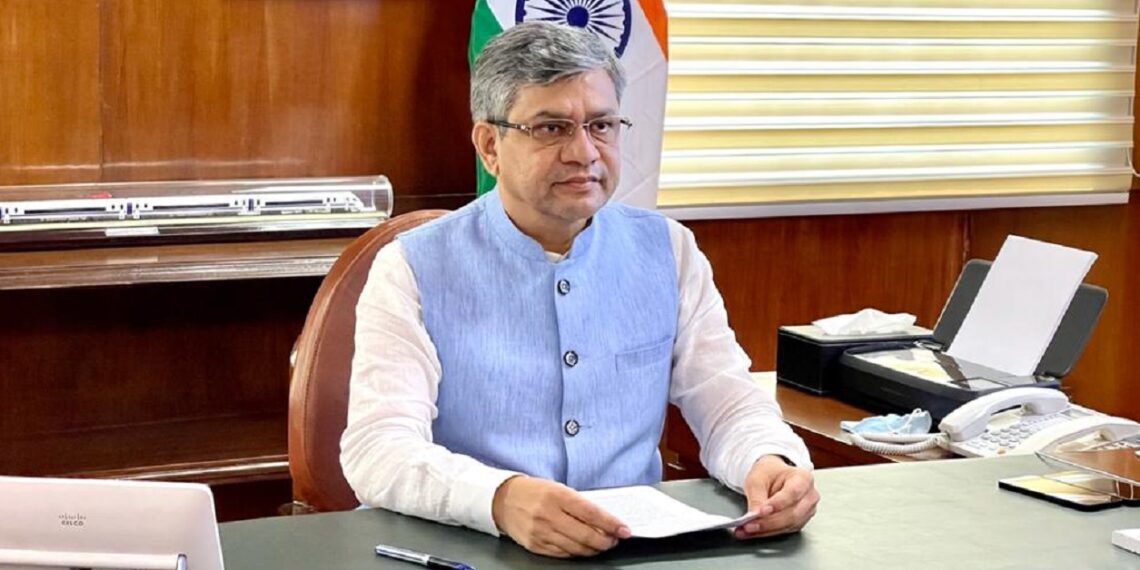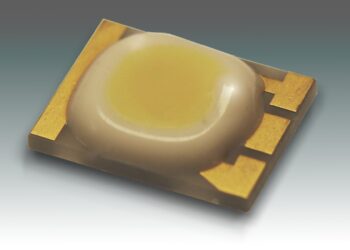US-based chip maker Intel is planning to set up its semiconductor manufacturing unit in India. The development comes days after the Union Cabinet approved a Rs.76,000 crore policy boost for the semiconductor and display manufacturing ecosystem to help place India on the global semiconductor map. This will also help India be the hub for hi-tech production whilst strengthen its Aatmanirbhar Bharat campaign in the field of electronics manufacturing.
On Tuesday, IT Minister Ashwini Vaishnaw took to Twitter to welcome Intel to India after Intel Foundry Services President Randhir Thakur tweeted lauding the semiconductor design and manufacturing incentives announced by the government.
Randhir wrote, “Congrats to @GoI_MeitY @AshwiniVaishnaw @Rajeev_GoI for Semiconductor design and manufacturing incentives for India as hub for electronics & semiconductors. Glad to see a plan laid out for all aspects of the supply chain: talent, design, manufacturing, test, packaging & logistics.” IT minister responded to this tweet with “Intel – welcome to India.”
Under the Rs.76,000 crore scheme approved by the government for the development of semiconductors and display manufacturing ecosystem by India, incentives have been lined up for companies engaged in silicon semiconductor fabs, display fabs, compound semiconductors, silicon photonics, sensors fabs, semiconductor packaging and semiconductor design. With the new incentive, the government expects investments of nearly Rs.1.7 lakh crore and 1.35 lakh jobs in the next four years.
However, there has not been any official confirmation from the company about any decision to establish a manufacturing facility. As per BGR.in, an Intel spokesperson said, “Intel India is Intel’s largest design center outside of the US and we have been investing towards accelerating innovation and design engineering in India over the last two decades. However, we have no new plans to announce at this time.”
Today, India is largely dependent on imports of chipsets and semiconductors assembly. However, this move will transform the nation into a manufacturing hub. This will also help eliminate chip shortage for electronics and automotive industry.








